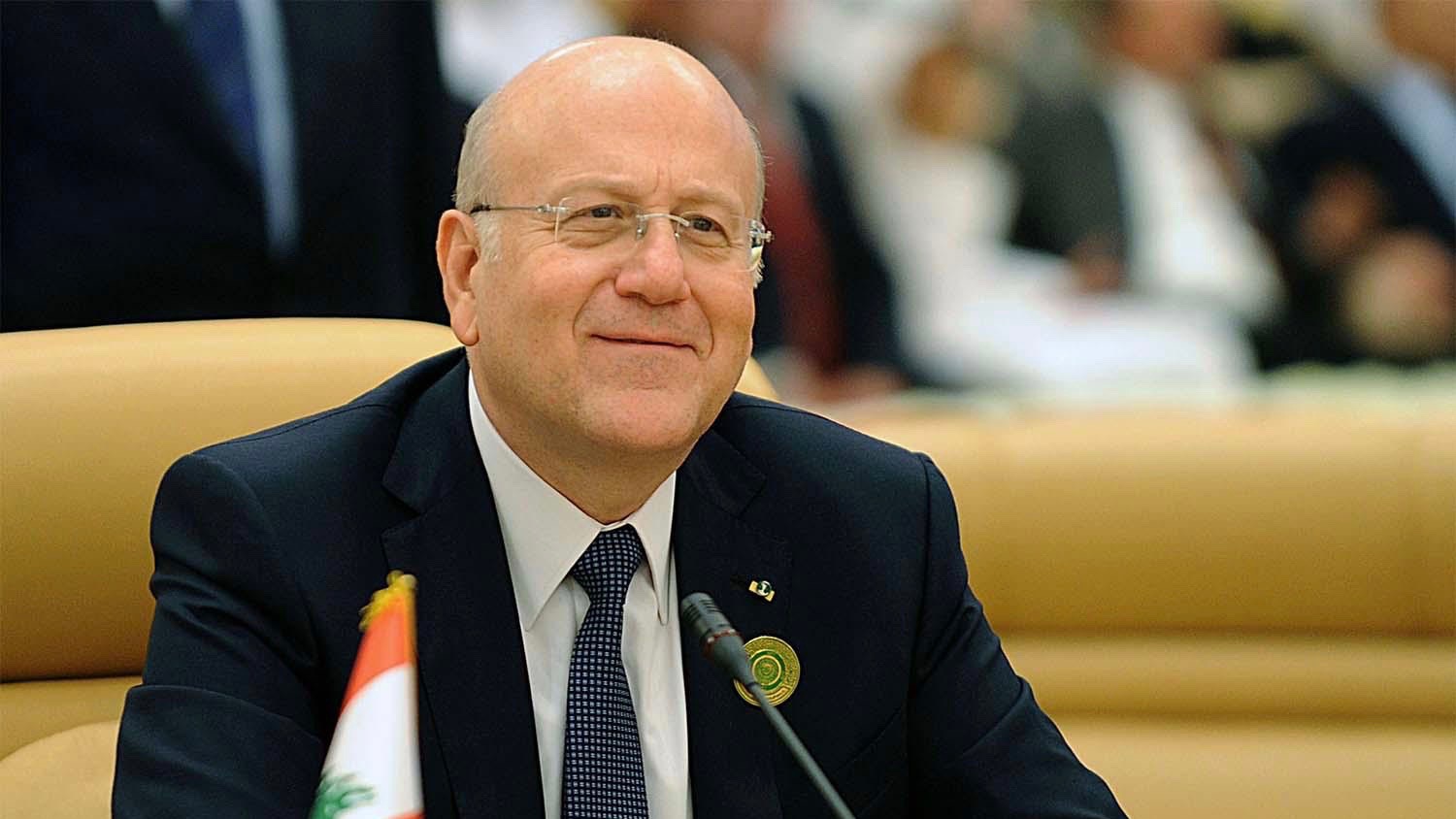Lebanon’s prime minister-designate Najib Mikati secured a majority in the parliament and will now attempt to form the next government. Having served as prime minister twice before and considered one of Lebanon’s richest men, the telecom billionaire has an uphill task ahead in trying to form a national cabinet with the support of various political blocs in the country.
Two former prime minister-designates in the last 12 months, ex-PM Saad Hariri and ex-diplomat Mustafa Adib, have failed to garner enough support to ensure that their proposed cabinet wins the majority in parliament. Adib resigned in September last year, a month after being nominated to the post in the wake of the mass resignations of then PM Hasan Diab and his entire cabinet following the deadly Beirut port chemical explosion. Diab is currently the caretaker PM.
Hariri resigned 11 days ago after a 10-month long stalemate in which he failed to form a government due to lack of support and an ongoing feud with president Michel Aoun over cabinet posts.
According to news reports, 73 out of the total 118 legislators voted in favor of Mikati, giving him a comfortable win over the only other candidate – former ambassador Nawaf Salam, who received one vote. 42 legislators voted blank and three did not register a vote. Following his nomination, Mikati said in a statement, “I don’t have a magic wand and can’t perform miracles… but I have studied the situation for a while and have international guarantees. With the cooperation of the president, we will form a government according to the French initiative.”
He was referring to the French plan which includes a new government composed of technocrats and professionals and the implementation of massive administrative and economic reforms necessary to start receiving international monetary aid worth billions of dollars promised by donors.
Mikati also asked for the support of the Lebanese people, saying that “it is natural for me to ask for the MPs’ confidence, but today I need the confidence of the people.The time is not for bickering, the time is for the cooperation of all Lebanese.”
Lebanon has been facing an economic crisis since 2019. There is massive inflation, unemployment, and acute shortages of food, fuel, medical supplies and other essential items. The country is also trying to repair the extensive damage caused by the Beirut port chemical blast, which caused massive loss of life and billions of dollars worth of damages. The poverty rate is over 50% and the Lebanese pound has lost more than 90% of its value. While it is officially pegged at 1507 to a US dollar, the black market rates have recently been as high as 22,000 Lebanese pounds. The currency has recovered some value amid optimism over Mikati’s appointment and is reportedly being exchanged now at the rate of 16,500 pounds.
In a significant development, Mikati managed to receive the support of influential political blocs, including Hariri’s Future Movement, Hezbollah, the Amal movement, and the Druze-led Progressive Socialist party. He had earlier also received endorsements from four ex-prime ministers, including Hariri, during binding parliamentary consultations with the president to formally choose the next prime minister-designate. Only the Christian party, Free Patriotic Movement, of president Aoun which is now led by his son-in-law, Gebran Bassil, did not vote for Mikati. However, their support will be critical in the future if Mikati hopes to be successful in forming the next government.
There was also opposition to Mikati’s appointment, with dozens of protesters gathering outside his home in capital Beirut on the eve of his appointment. Protesters claim that Mikati is a member of Lebanon’s political and business elite who are corrupt and incompetent and part of the problem rather than the solution. Lebanon witnessed large-scale anti-establishment protests in 2019 against the corrupt ruling elite widely seen as being responsible for the country’s economic downfall and the administrative vacuum as a result of their political rivalries. Mikati is currently also facing allegations of corruption. He is under investigation by the state prosecutor on the allegations that he and his brother Taha have misused loans given to them for providing homes to low-income Lebanese citizens to buy apartments for themselves. Both the brothers have denied the allegations.
Formation of a new government is a prerequisite for Lebanon to receive international financial aid. However, many analysts and commentators fear that the other conditions for receiving aid will cause austerity and suffering for common people. These include steps to end government corruption and mismanagement, austerity measures like spending cuts, and cutting back on public services and subsidies. Such measures have proved unsuccessful in several other countries which have tried implementing similar reforms. Lebanon, with close to USD 94 billion of public debt, already has one of the highest debt to GDP ratios, creeping close to 200%.





